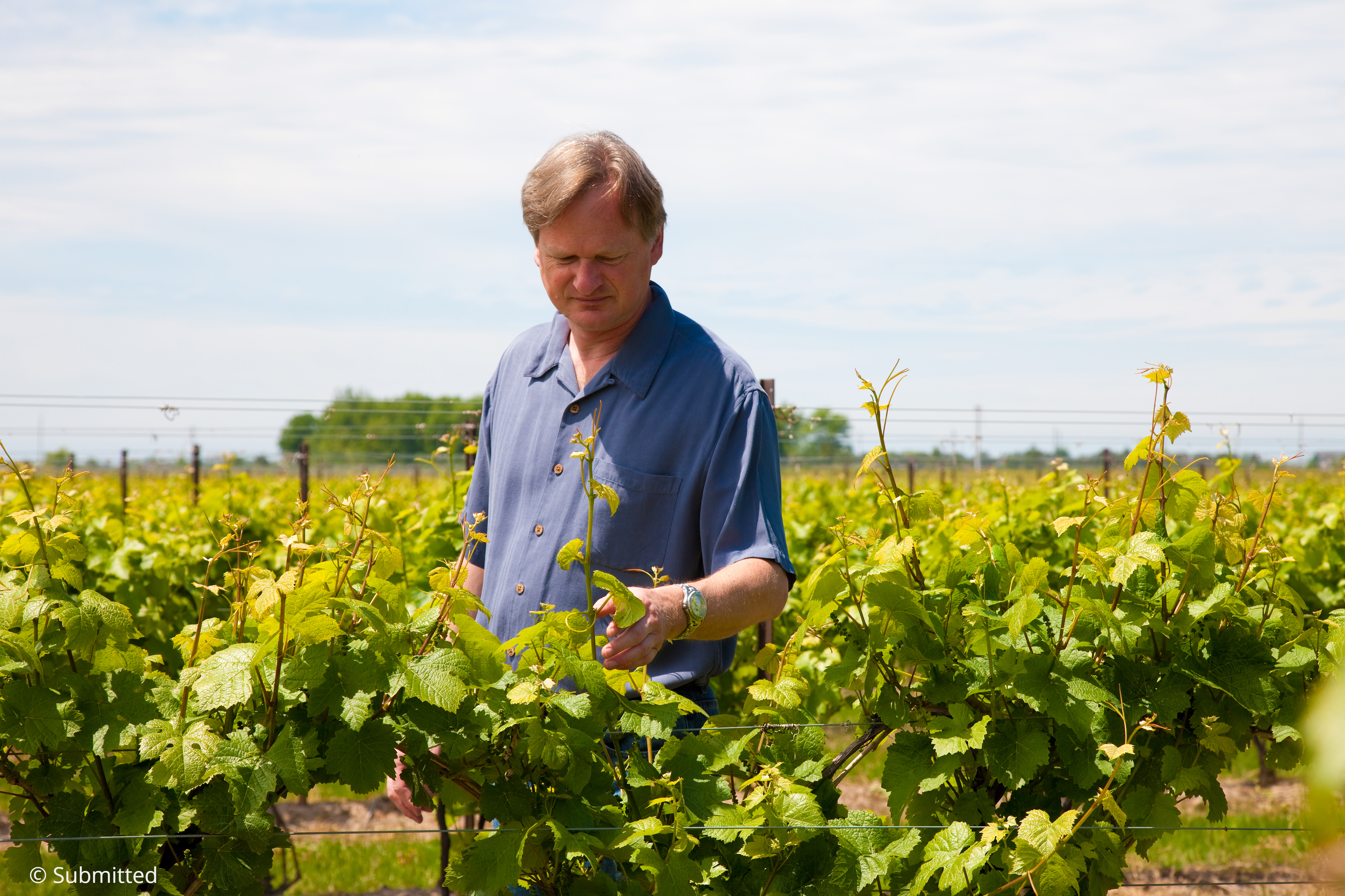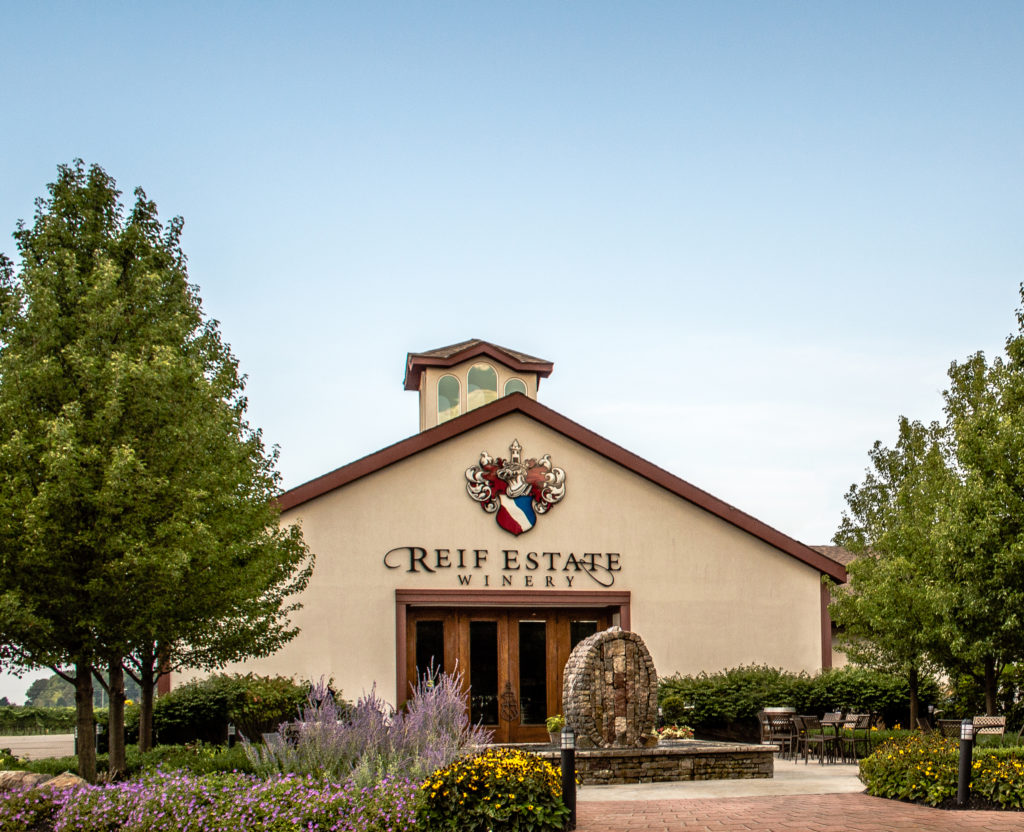
Uncorked ~ German-Canadian Winemakers: Klaus
What brought German winemakers to Canada? How did they establish their businesses? What’s the difference between German and Canadian wine?
SoGerman talked with four German-Canadian winegrowers who live in Southern Ontario.
Klaus Reif
Klaus Reif is the President and C.E.O. of Reif Estate Winery.
(SoGerman) Why did you come to Canada?
(Klaus) The reason why I came to Canada was actually my uncle Ewald, who passed away last year. In 1987, I visited him with my father, because as a young adult I had a strong interest in Canada. The vacation left a lasting impression on me and strengthened my wish to immigrate to Canada. So, I went back to Germany, finished school, apprenticeship, and university, and eventually moved to Canada in 1984.
That sounds awesome! So, before you came to Canada, did you gain some experience in the vinery business beforehand?
We are involved in vinery since 300 years, we are the 13th generation now! So, it’s kind of a family tradition. I even studied Oenology, the art of winemaking; which makes me an engineer of Viticulture and Oenology.
Has there been a tradition in growing vines in your region before?
It was more like pioneer work. Not like in other immigration nations Australia or California in the USA, Canada was not well-known as a wine region at all. There were some domestically produced wines but of really bad quality. However, my uncle saw the gap in the market and decided: “Well, we can do something here.” Back then, land was quite cheap, so he started his business. Furthermore, the location close to the Niagara Falls was ideally located for attracting tourists.

What is the difference between growing wine in Germany and in Canada? Is there a difference in terms of quality?
In general, growing wine is everywhere the same in terms of technology and know-how. It matters in terms of climate and characteristics. For example, here in Canada we have more sun and more warm weather periods, therefore the vine has slightly more alcohol than German wine which is more spritziger (sparkly). But we can’t say that the one is better than the other.
I know that people in Germany think about Canada in terms of ice and cold weather. However, we are here on the 43th latitude and Mainz is on the 50th.
What sorts of wines are most popular here in Canada?
Most important the Riesling and the Bordeaux wines, e.g. Merlot or Carbernet Franc.
Do you still have contact to Germany?
I’m still one to two times in Germany. I still have the German citizenship, and I’m proud to call myself a German. I mean, I’m the only one from my family here in Canada. My parents, my sister and nieces they all live in Germany and I speak almost two to three times a week with them. My dream is that one day, I can live in both countries, for example staying in Germany for three to four months during the year.
Another aspect I really miss is the Gemütlichkeit you find in the Palatinate region (region in the south west of Germany). Sometimes I feel more freedom in Germany even if it may sound contradictory.
Do you have examples for the freedom you find in Germany?
I have two passions: One is, of course, wine. In terms of alcohol, Canada is still very restrictive and kind of old fashioned. In Germany, I can buy a nice bottle of wine and drink it wherever I want. In Canada, I can’t.
Secondly, I’m passionate about cars. Here in Canada, I have to stick to the speed limit while in Germany the highways (Autobahnen) are mostly free of speed limits.

Looking back, what would you recommend to people coming from Germany to Canada?
I would say that the German apprenticeship is one of the best in the world. The German attitude towards life is very good, we are very ambitious. We do something, we get things done, we create something. This attitude gives Germans an advantage and with these attitudes, you can still be successful in Canada.
Thank you for your time!